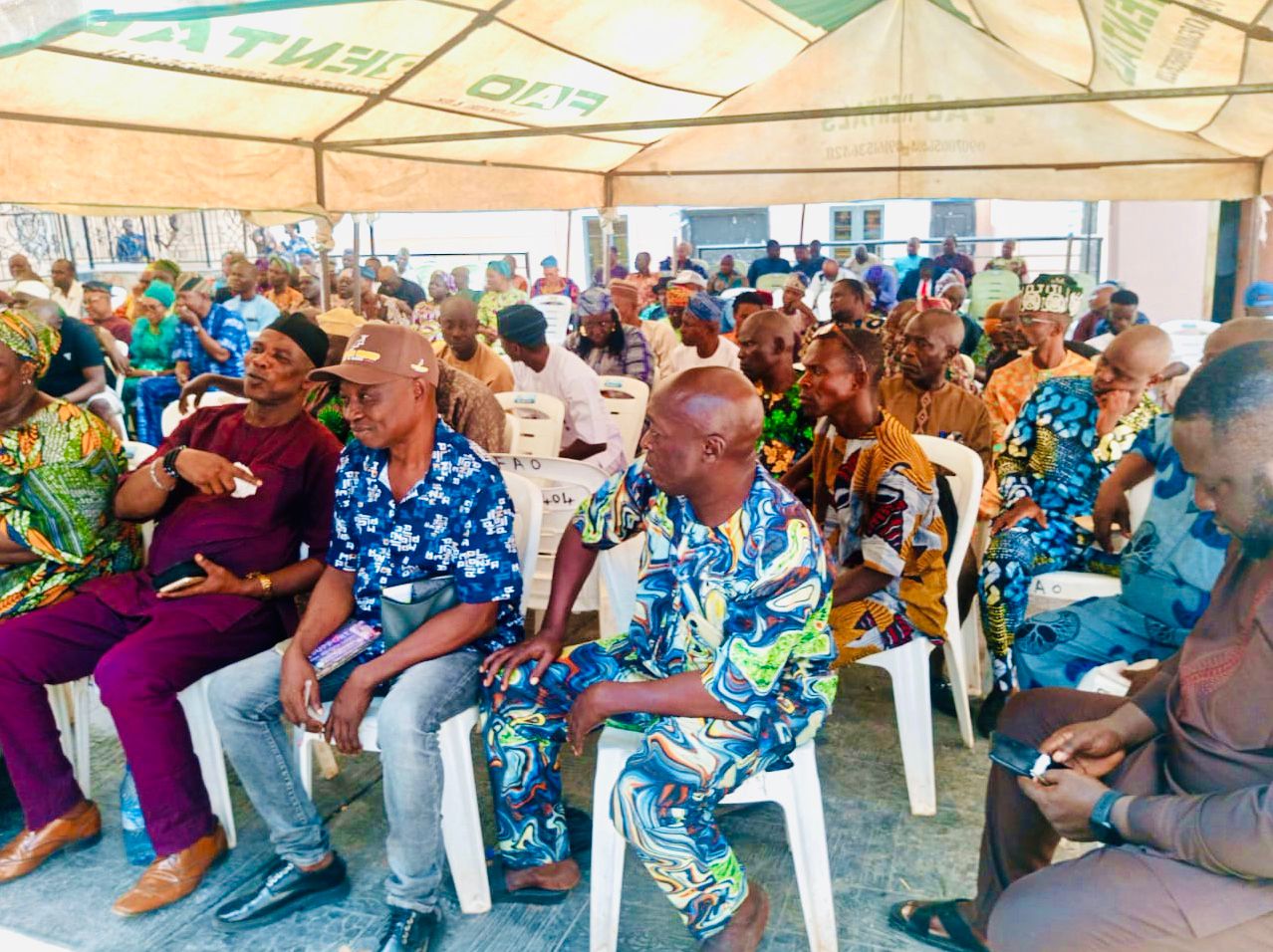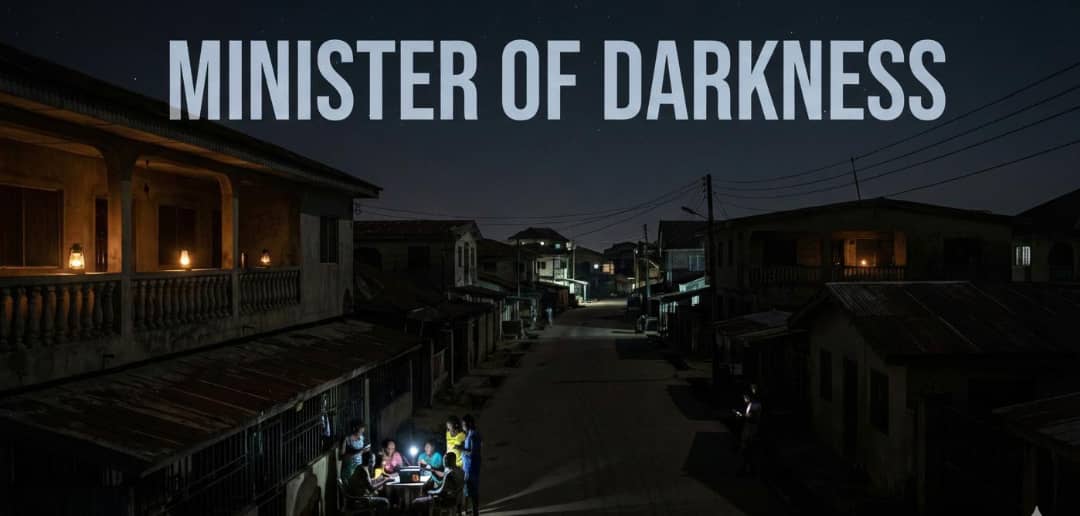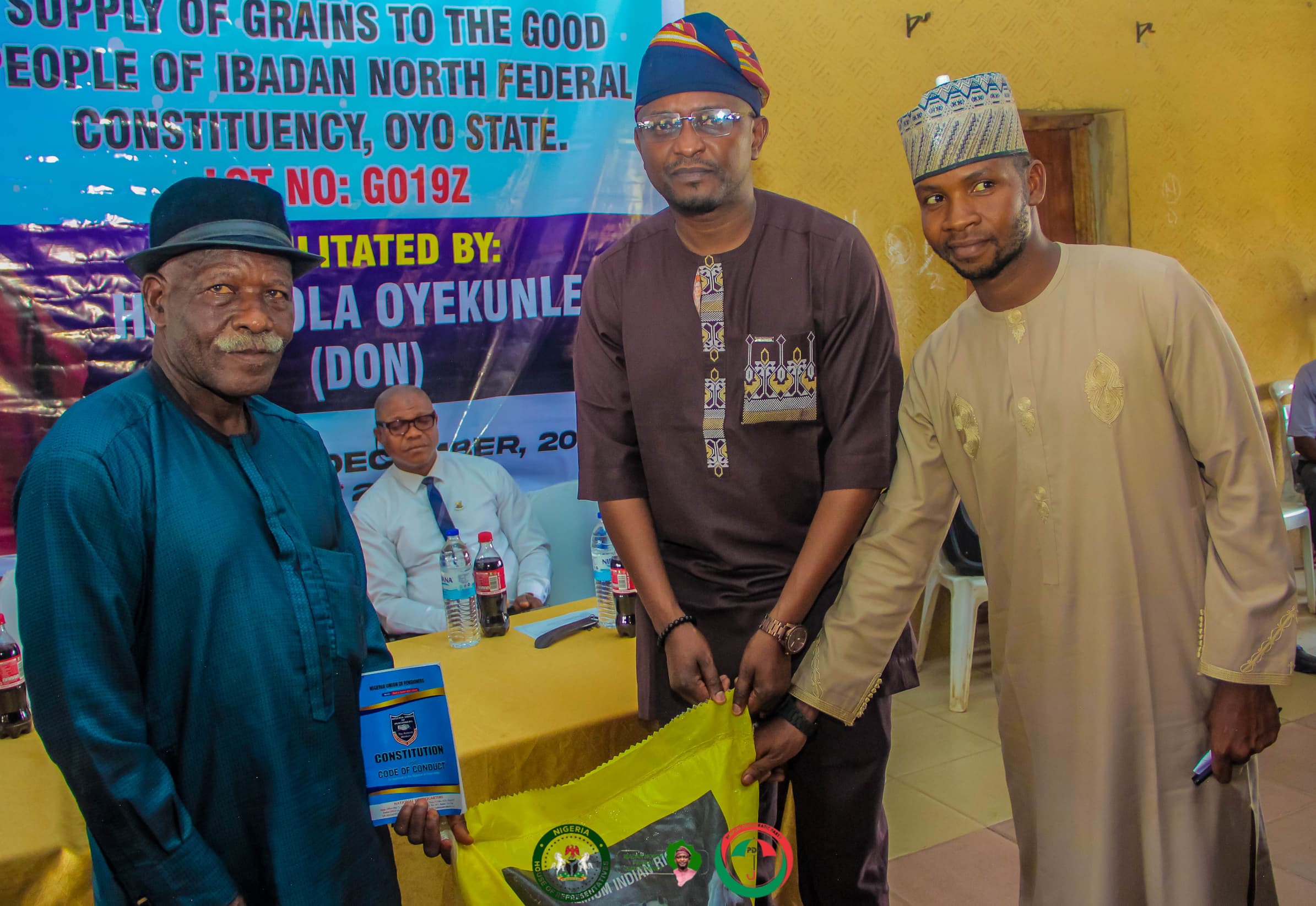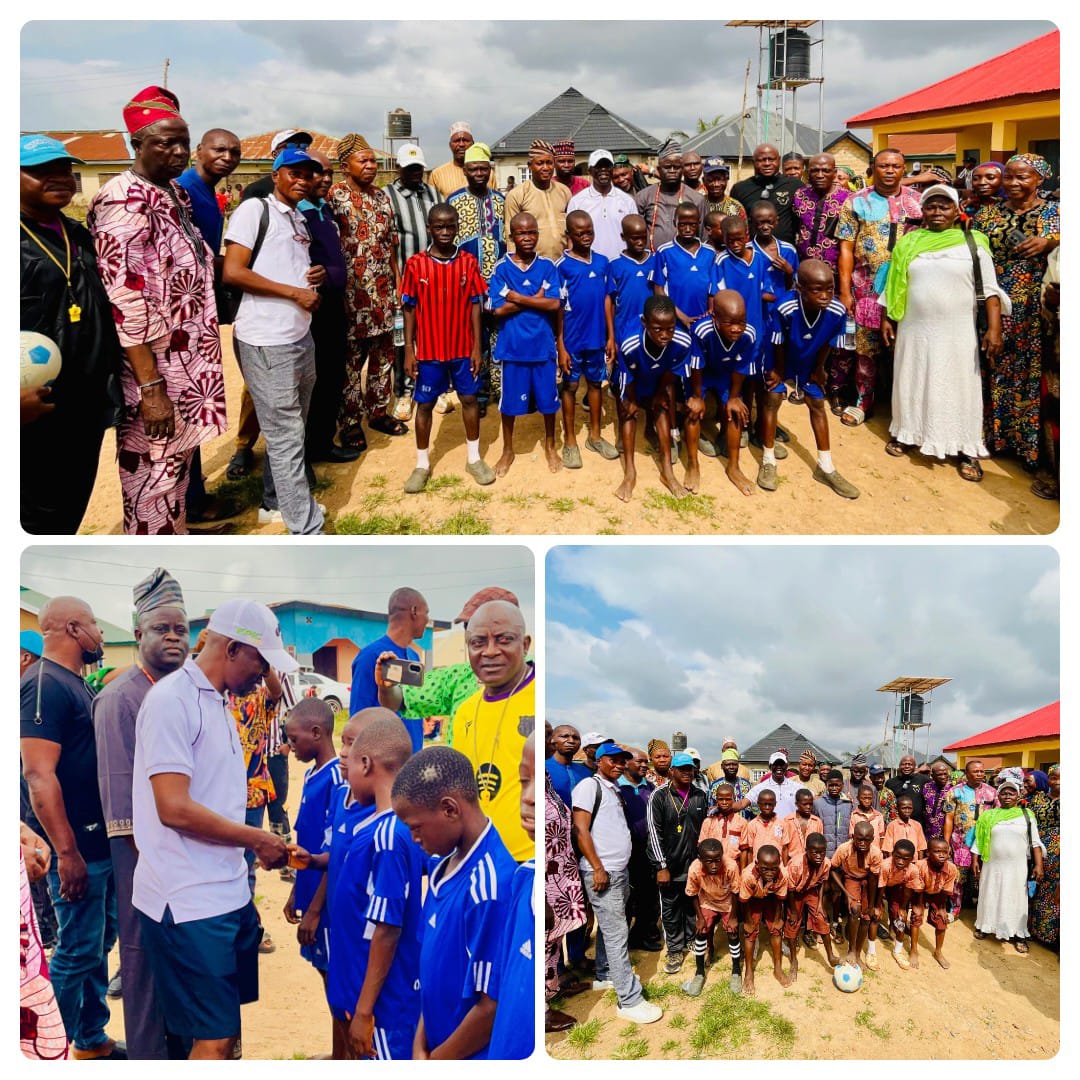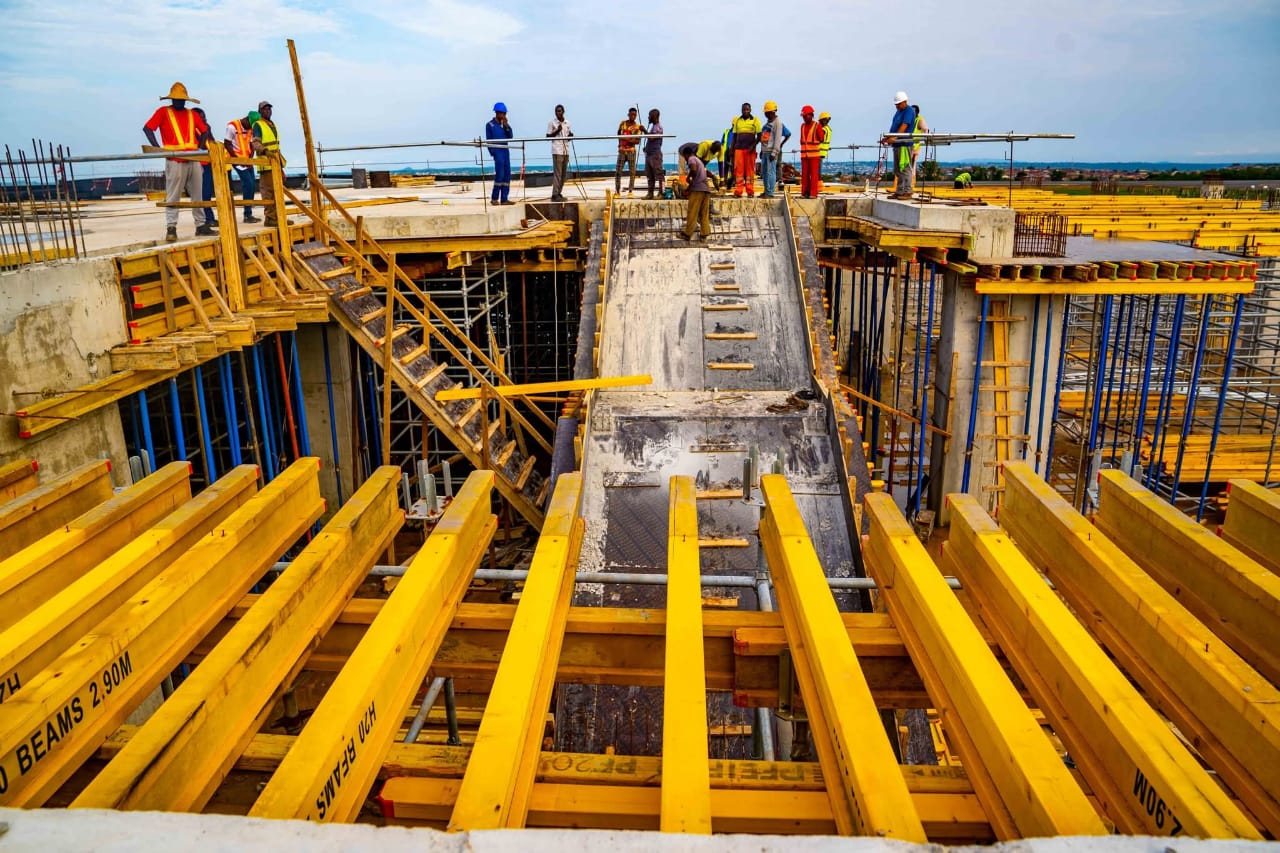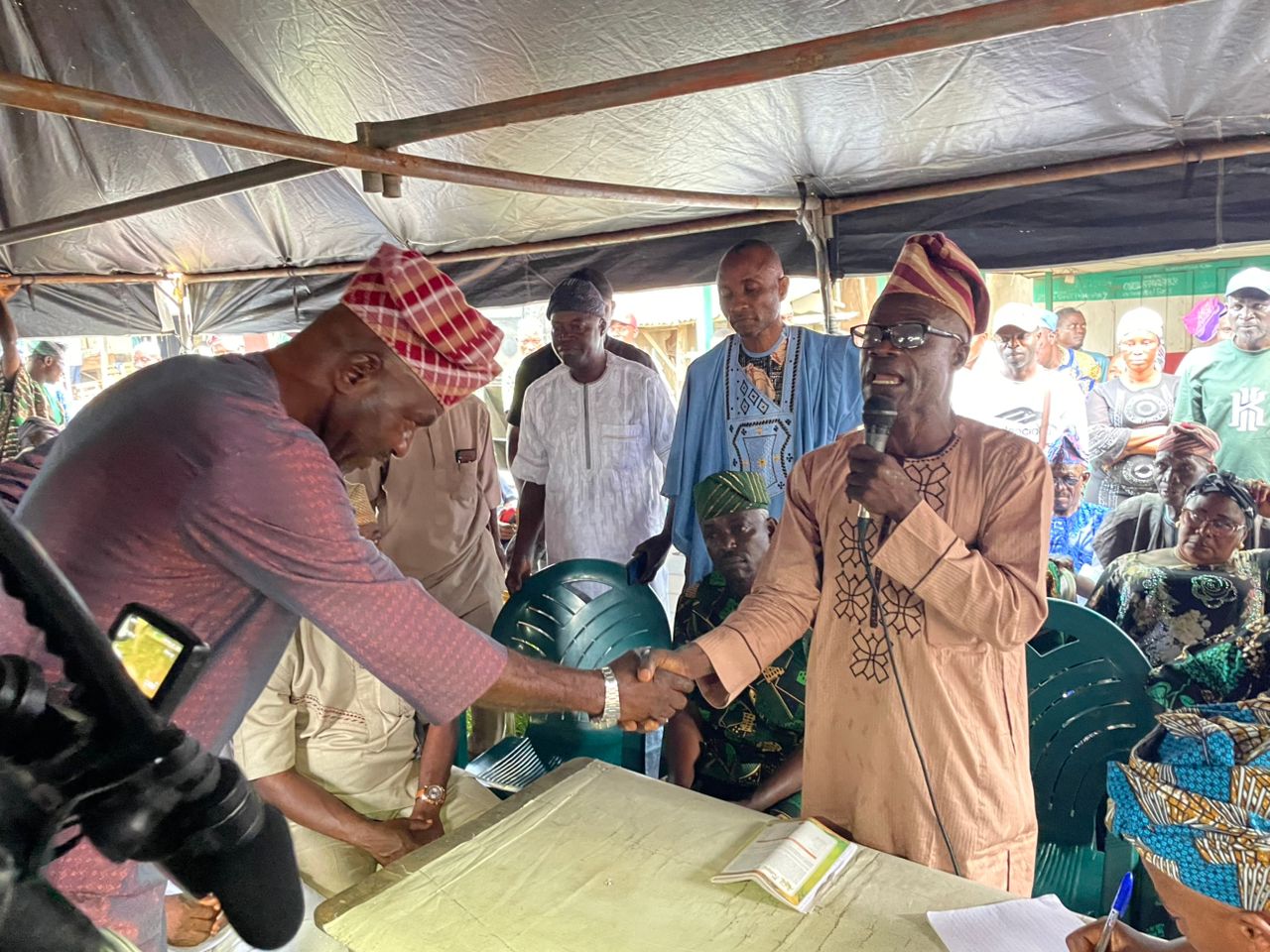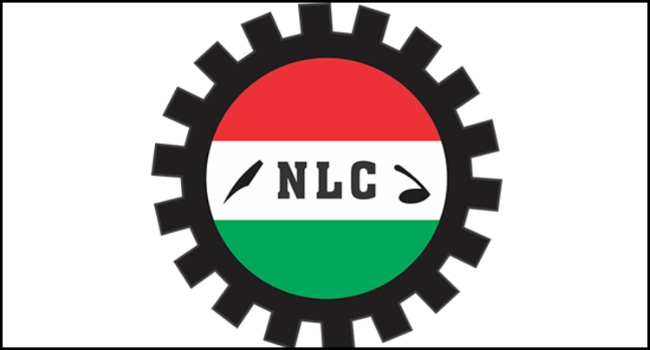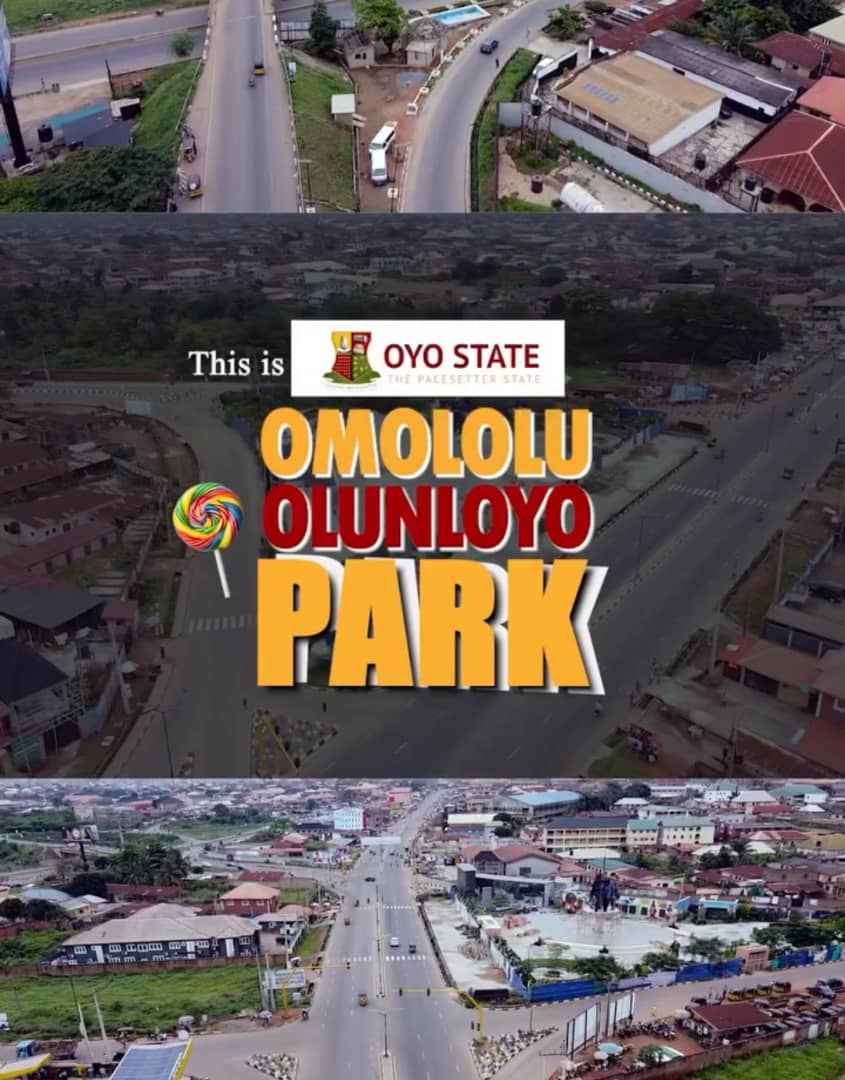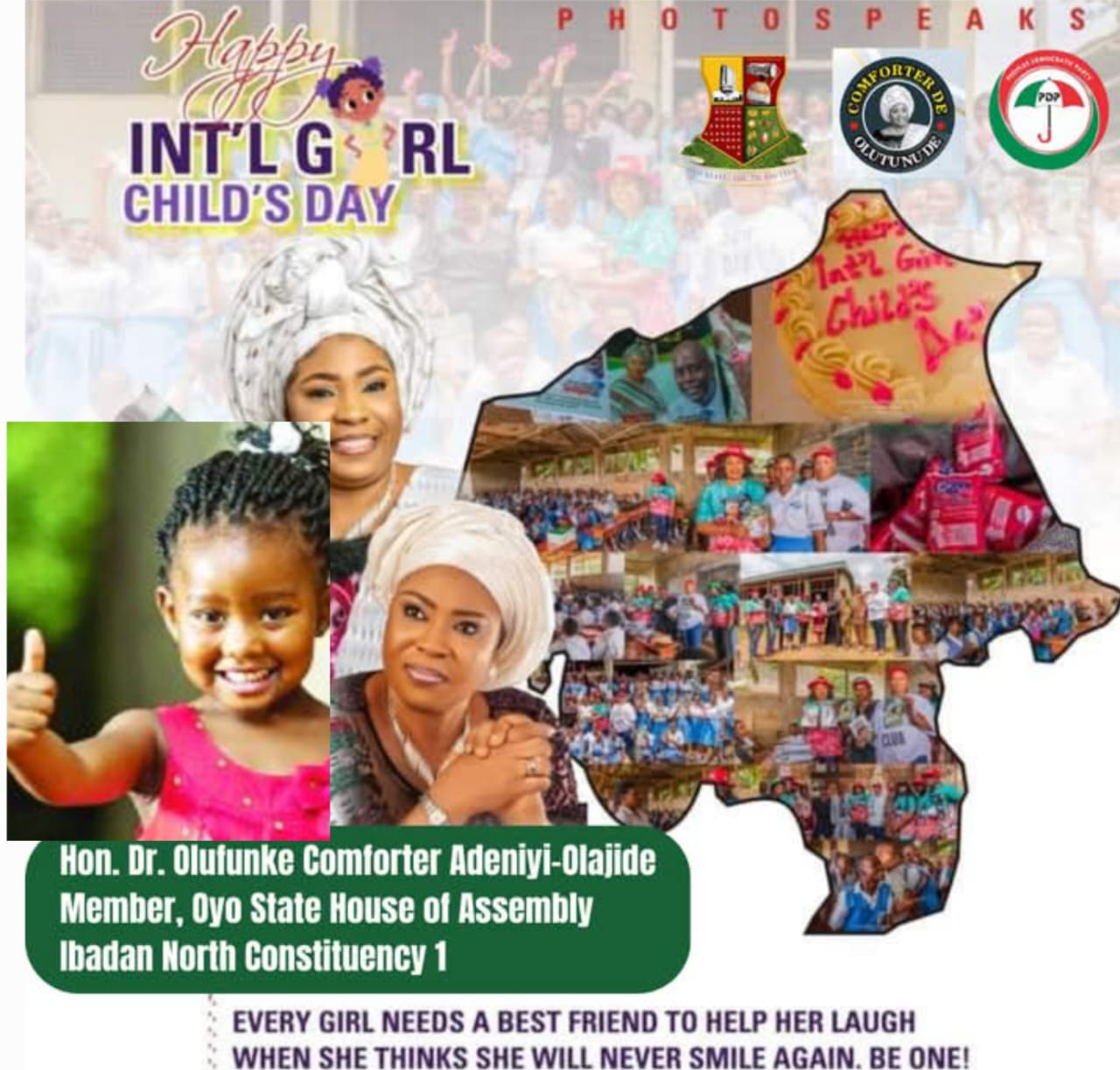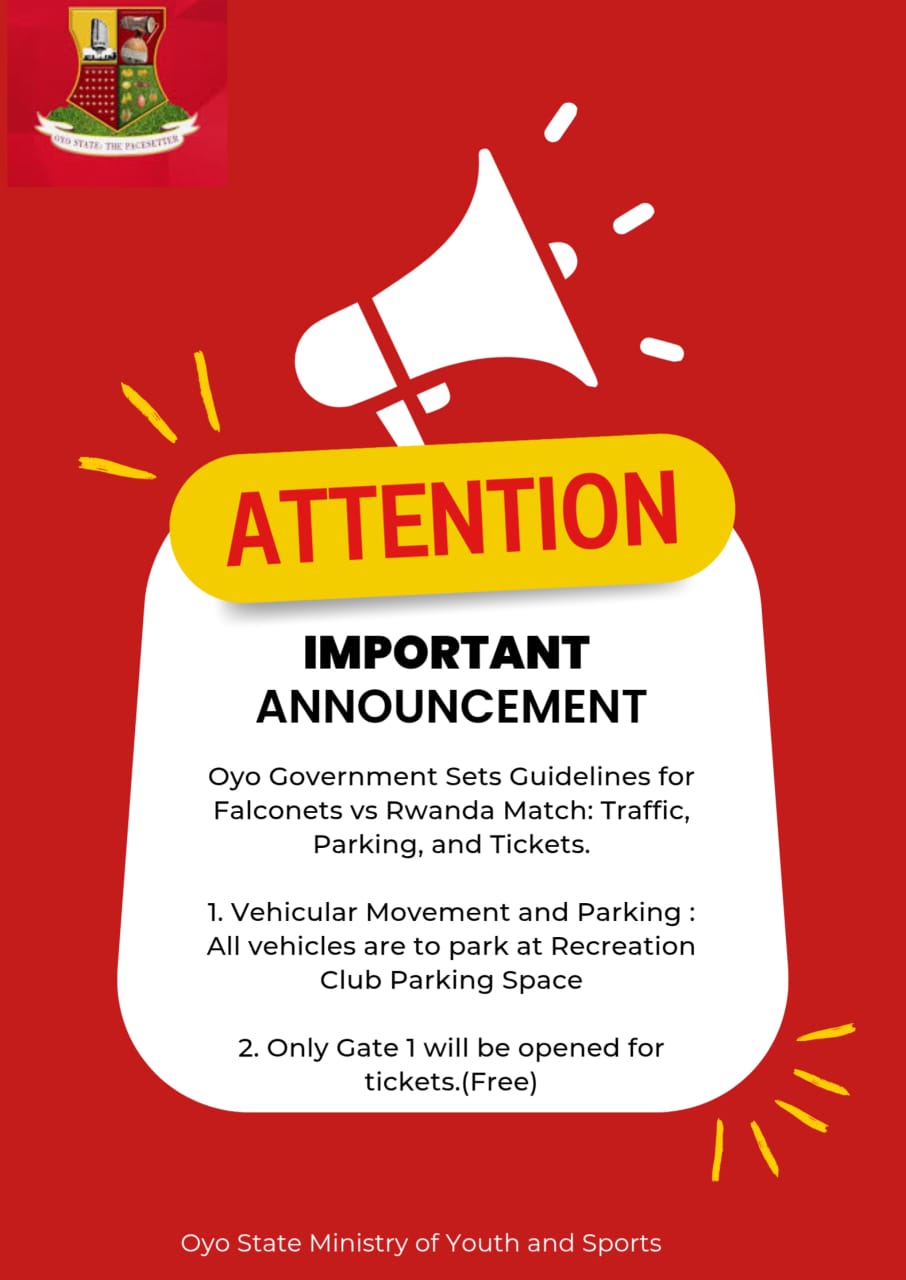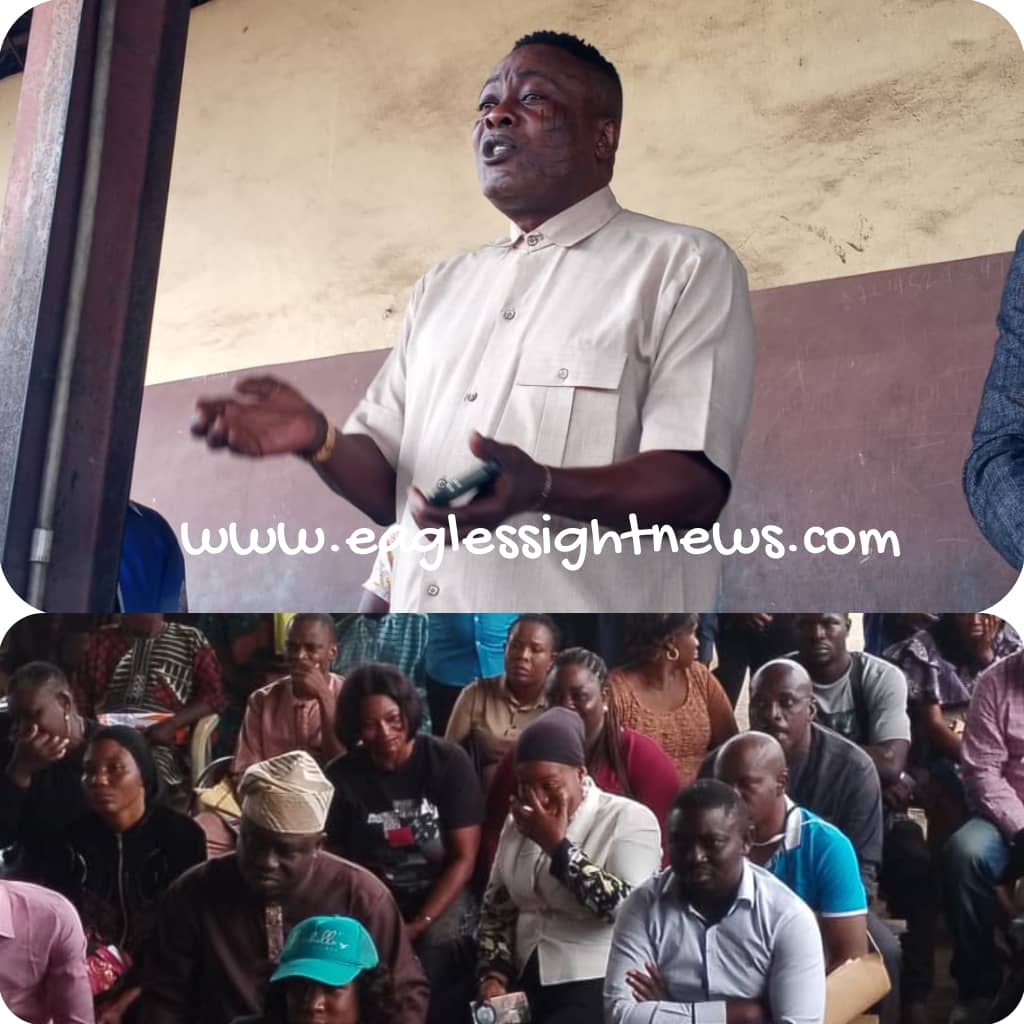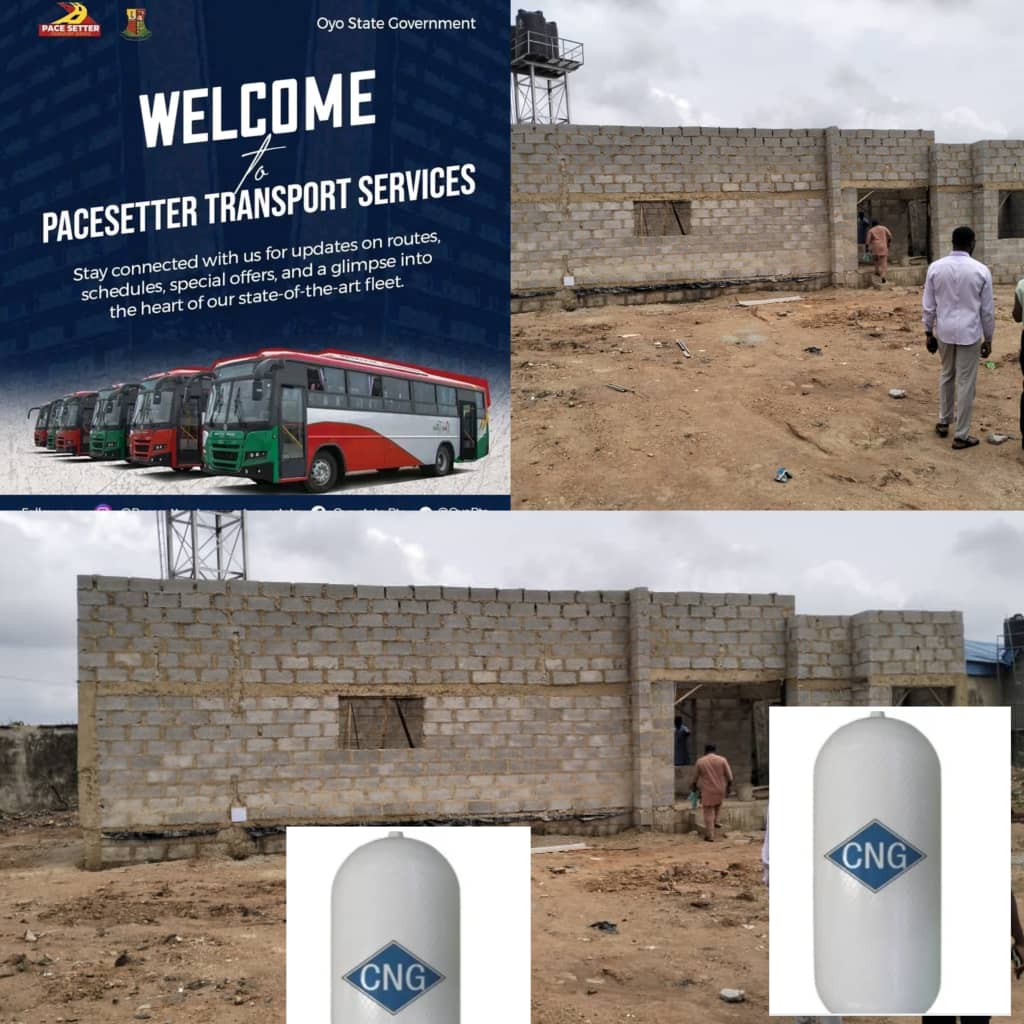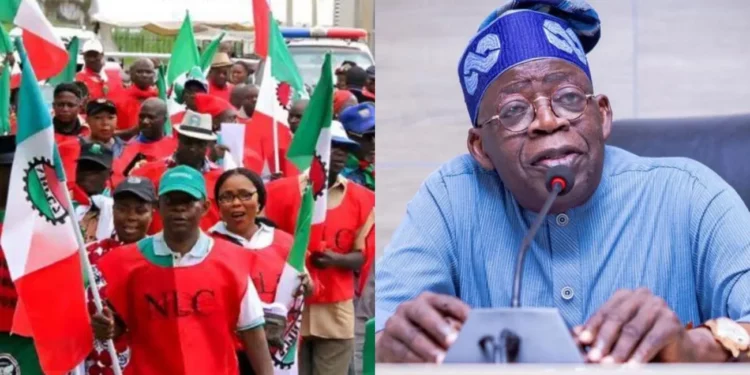20 Grants Available for NGOs Working in Emergency Response

20 Grants Available for NGOs Working in Emergency Response

Emergency response grants are essential financial resources that support organizations dedicated to addressing crises and disasters. These grants are designed to provide immediate assistance in the wake of natural disasters, public health emergencies, or humanitarian crises.
The funding can be utilized for a variety of purposes, including but not limited to, disaster relief efforts, recovery initiatives, and preparedness programs.
The significance of these grants cannot be overstated, as they enable non-governmental organizations (NGOs) to mobilize quickly and effectively in response to urgent needs.
The landscape of emergency response is complex and multifaceted, often requiring a coordinated effort among various stakeholders, including government agencies, private foundations, international organizations, and corporate entities. Each of these players contributes to the funding ecosystem that supports NGOs in their mission to provide timely and effective assistance.
Understanding the different sources of emergency response grants is crucial for NGOs seeking to enhance their capacity to respond to emergencies and serve affected communities.
Government Grants for Emergency Response NGOs
Government grants represent a significant source of funding for emergency response NGOs. These grants are typically administered at the federal, state, or local levels and are often tied to specific programs or initiatives aimed at disaster preparedness and response. For instance, in the United States, the Federal Emergency Management Agency (FEMA) provides various grant programs designed to support state and local governments as well as NGOs in their emergency management efforts.
The Emergency Management Performance Grant (EMPG) program is one such initiative that helps enhance the capabilities of local emergency management agencies. In addition to FEMA, other government entities also offer grants that can be utilized by NGOs. The Department of Health and Human Services (HHS) provides funding for public health emergencies through its Public Health Emergency Preparedness (PHEP) program.
This funding is critical for NGOs involved in health-related emergency responses, such as disease outbreaks or bioterrorism incidents. Furthermore, state governments often have their own grant programs that target local NGOs, allowing them to address specific community needs during emergencies. These government grants not only provide financial support but also often come with technical assistance and resources that can enhance the effectiveness of emergency response efforts.
Private Foundation Grants for Emergency Response NGOs
Private foundations play a pivotal role in funding emergency response initiatives through targeted grants. These foundations often have specific missions that align with humanitarian efforts, making them valuable partners for NGOs seeking financial support. For example, the Bill & Melinda Gates Foundation has been instrumental in funding health-related emergency responses globally, particularly in low-income countries facing outbreaks of infectious diseases.
Their grants often focus on strengthening health systems and improving access to care during crises. Another notable example is the Ford Foundation, which has historically supported social justice initiatives, including those related to disaster response and recovery. Their funding can help NGOs develop innovative solutions to address the root causes of vulnerability in communities affected by disasters.
Private foundations typically have more flexibility in their funding priorities compared to government grants, allowing them to respond quickly to emerging needs. This agility is particularly important in the context of emergencies where time is of the essence.
International Organization Grants for Emergency Response NGOs
International organizations such as the United Nations (UN) and the World Health Organization (WHO) provide critical funding for emergency response efforts worldwide. These organizations often mobilize resources in response to large-scale humanitarian crises, such as refugee situations or natural disasters affecting multiple countries. The UN’s Central Emergency Response Fund (CERF) is a prime example of a funding mechanism that allows for rapid disbursement of funds to NGOs working on the ground during emergencies.
The WHO also plays a vital role in funding health-related emergency responses, particularly during outbreaks of infectious diseases like Ebola or COVID-19. Their grants often focus on strengthening health systems and ensuring that essential services are maintained during crises. Additionally, international organizations frequently collaborate with NGOs to implement programs funded by these grants, ensuring that resources are used effectively and reach those most in need.
The partnership between international organizations and NGOs is crucial for delivering timely assistance and building resilience in affected communities.
Corporate Grants for Emergency Response NGOs
Corporate grants have emerged as an increasingly important source of funding for emergency response NGOs. Many corporations recognize their social responsibility and actively engage in philanthropy by supporting disaster relief efforts through financial contributions or in-kind donations. Companies like Walmart and Coca-Cola have established foundations that provide grants specifically aimed at disaster response and recovery initiatives.
These corporate foundations often prioritize projects that align with their business interests or corporate values, creating opportunities for NGOs to partner with them on impactful initiatives. Moreover, corporate social responsibility (CSR) programs can also lead to significant funding opportunities for NGOs involved in emergency response. For instance, during natural disasters, companies may launch matching gift campaigns or employee donation drives that generate additional funds for NGOs working on the ground.
This collaborative approach not only enhances the financial resources available to NGOs but also fosters community engagement and awareness around emergency response issues. By leveraging corporate partnerships, NGOs can amplify their impact and reach more individuals affected by crises.
Tips for Successful Grant Applications for Emergency Response NGOs
Navigating the grant application process can be challenging for emergency response NGOs, but there are several strategies that can enhance their chances of success. First and foremost, it is essential for organizations to thoroughly research potential funders and tailor their applications accordingly. Understanding the specific priorities and requirements of each grant program allows NGOs to align their proposals with funders’ expectations.
This targeted approach demonstrates a commitment to addressing the funders’ goals while showcasing the NGO’s unique strengths and capabilities. Another critical aspect of successful grant applications is the clarity and conciseness of the proposal narrative. Funders often receive numerous applications, so it is vital for NGOs to present their case compellingly and succinctly.
Clearly articulating the problem being addressed, outlining the proposed solution, and providing a detailed budget can significantly enhance an application’s effectiveness. Additionally, including data and evidence to support claims can bolster credibility and demonstrate the potential impact of the proposed project. Building relationships with funders can also be advantageous for NGOs seeking grants.
Engaging with potential funders before submitting an application allows organizations to gain insights into their priorities and expectations while establishing rapport. This proactive approach can lead to more tailored proposals that resonate with funders’ interests. Furthermore, following up after submitting an application can demonstrate continued interest and commitment, which may positively influence funding decisions.
Lastly, it is essential for NGOs to maintain transparency and accountability throughout the grant process. Providing regular updates on project progress and outcomes not only fulfills reporting requirements but also builds trust with funders. Demonstrating a commitment to learning from experiences—both successes and challenges—can further strengthen relationships with funders and position NGOs favorably for future grant opportunities.
In conclusion, emergency response grants are vital resources that empower NGOs to respond effectively to crises and disasters. By understanding the various sources of funding available—from government grants to corporate contributions—NGOs can strategically position themselves to secure the financial support needed for their critical work. Through careful planning, relationship-building, and transparent communication, organizations can enhance their chances of successfully obtaining grants that will enable them to make a meaningful impact in times of need.
Source:FundforNgos


















